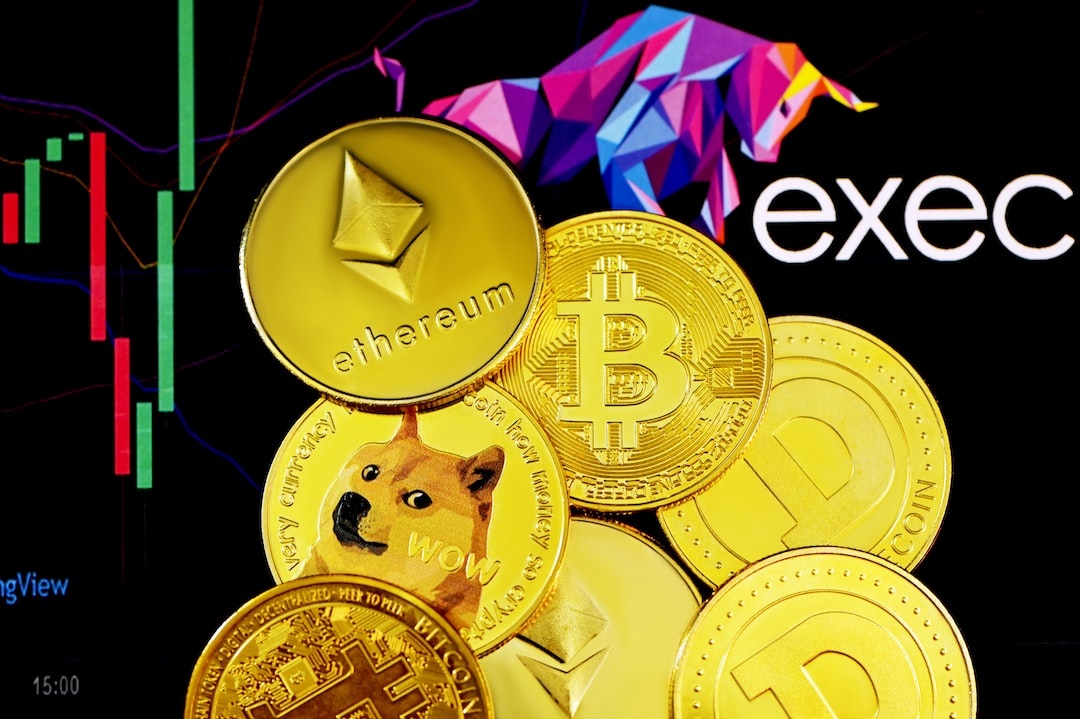Forex exchange rates can be a bit confusing to beginners. However, they are an integral part of the forex market. Understanding exchange rates is crucial to anyone who wants to trade forex or travel to another country. In this article, we will explore the basics of forex exchange rates.
What are Forex Exchange Rates?
In simple terms, forex exchange rates are the values of one currency expressed in terms of another currency. For instance, if the exchange rate of the EUR/USD pair is 1.1200, it means that one Euro is equivalent to 1.1200 US dollars. Exchange rates are constantly changing due to various factors such as economic policies, political events, and market sentiment.
Types of Exchange Rates
There are three types of exchange rates: fixed, floating, and pegged exchange rates.
Fixed Exchange Rates
A fixed exchange rate is a system where the government or central bank ties the value of its currency to a fixed value of another currency or commodity. This means that the exchange rate of the currency remains constant. For example, the Chinese Yuan was pegged to the US dollar for many years until it was allowed to float in 2005.
Floating Exchange Rates
A floating exchange rate system is where the value of a currency is determined by the forces of demand and supply in the market. In this system, the exchange rate fluctuates depending on various factors such as economic policies, inflation rates, and market sentiment.
Pegged Exchange Rates
A pegged exchange rate is a system where the government or central bank sets a fixed exchange rate for its currency relative to another currency or a basket of currencies. The value of the currency is then adjusted periodically. Pegged exchange rates are used by countries that want to stabilize their currency values.
Factors Affecting Forex Exchange Rates
Several factors affect forex exchange rates. Here are some of the most important ones:
Economic Indicators
Economic indicators such as inflation rates, GDP, and employment rates have a significant impact on exchange rates. For instance, if a country’s inflation rate is high, its currency value is likely to depreciate as investors lose confidence in its economy.
Interest Rates
Interest rates are another crucial factor that affects exchange rates. If a country’s interest rates are high, its currency value is likely to appreciate as investors seek to invest in the country’s economy.
Political Events
Political events such as elections, coups, and trade agreements can have a significant impact on exchange rates. For example, the Brexit vote in the UK caused a significant drop in the value of the British pound.
Market Sentiment
Market sentiment refers to the overall feeling or attitude of investors towards a particular currency. If investors are bullish on a currency, its value is likely to appreciate, and vice versa.
Conclusion
Forex exchange rates can be complex, but understanding them is crucial to anyone who wants to trade forex or travel to another country. The value of currencies is constantly changing due to various factors such as economic policies, political events, and market sentiment. By keeping an eye on these factors, traders can make informed decisions when trading forex.






